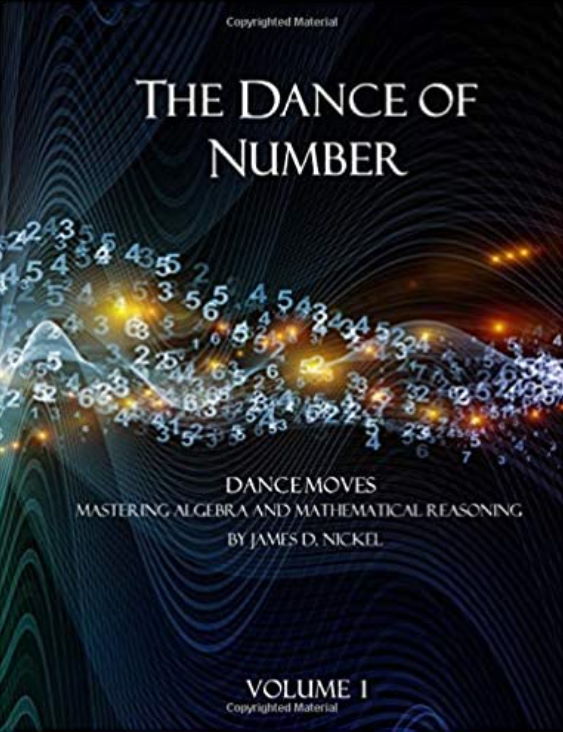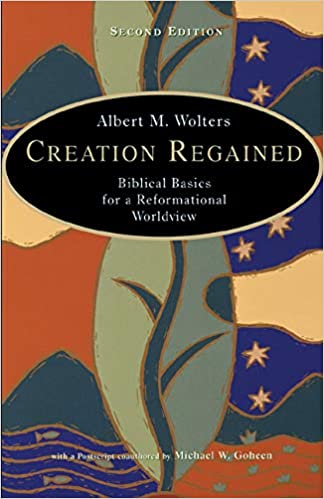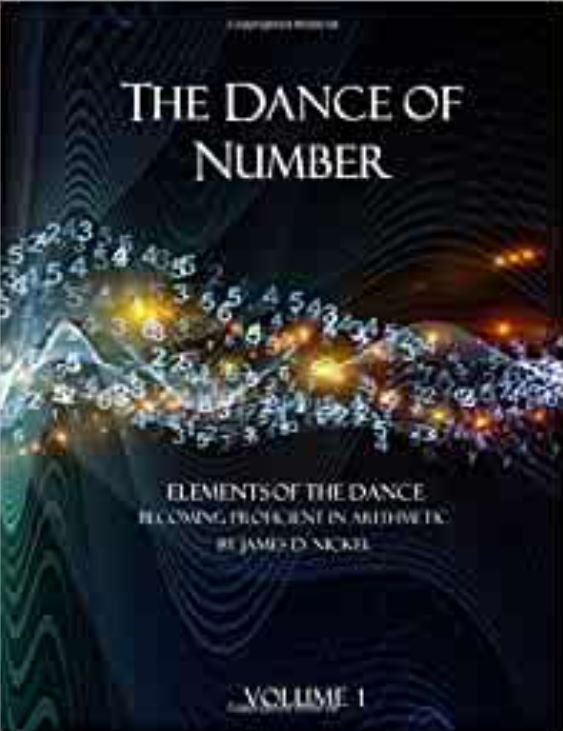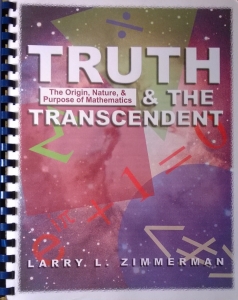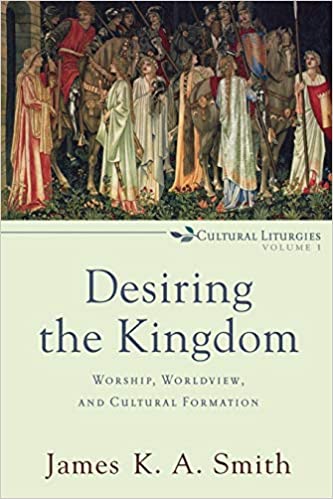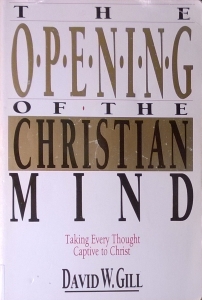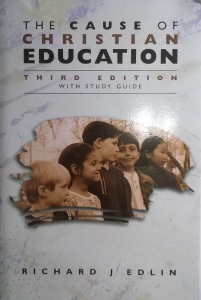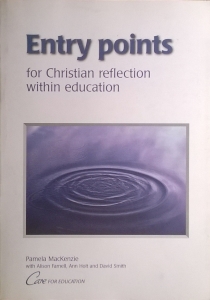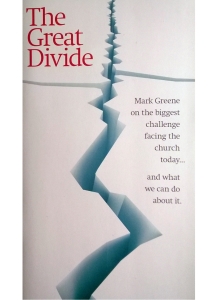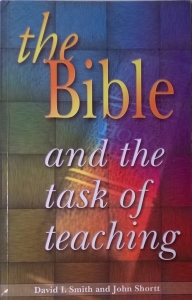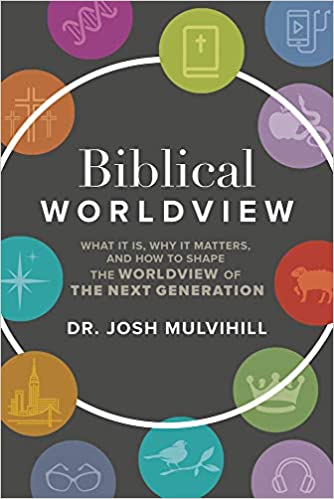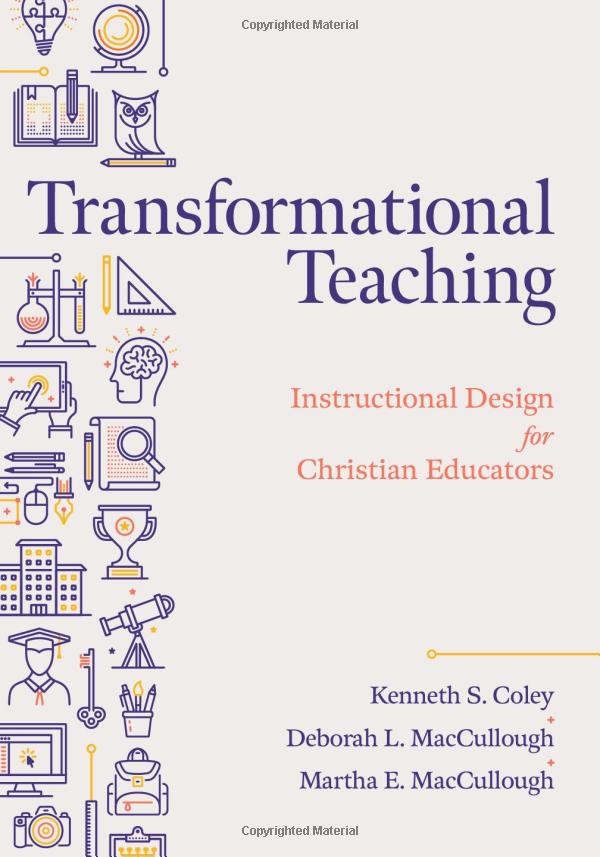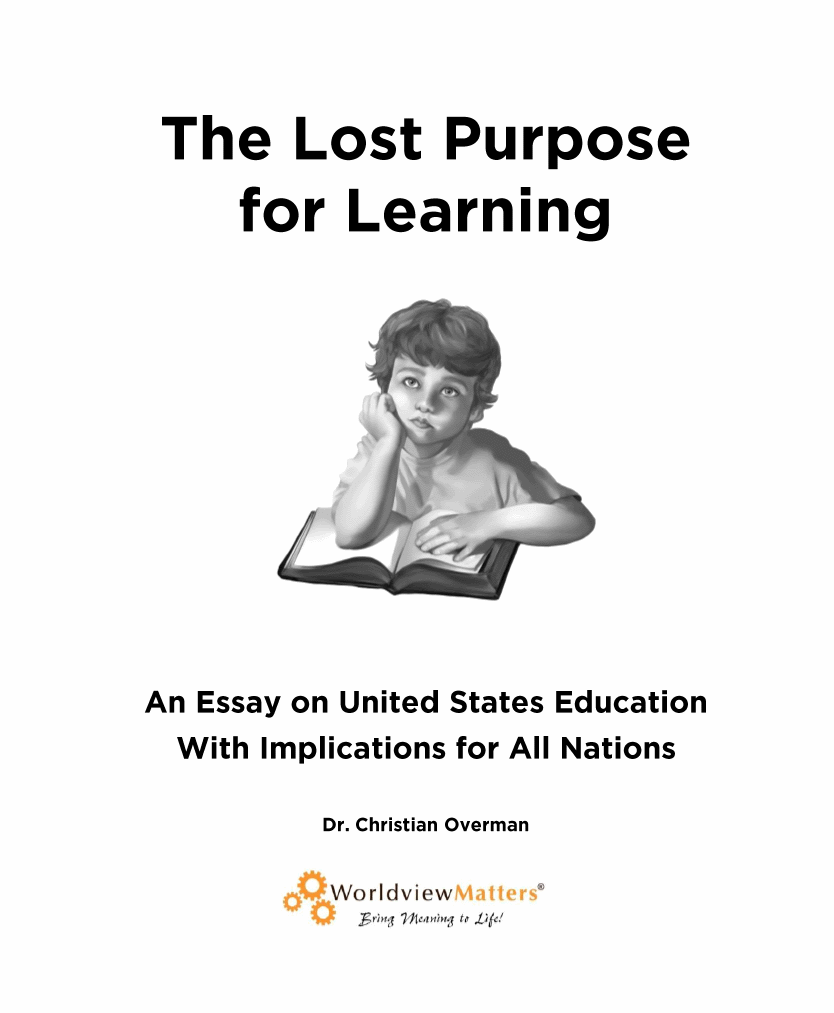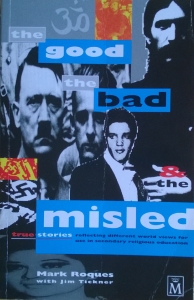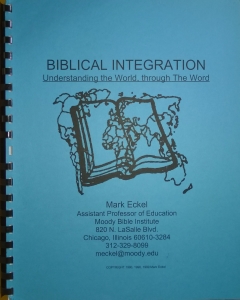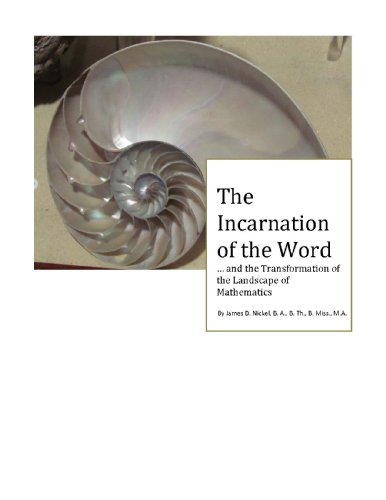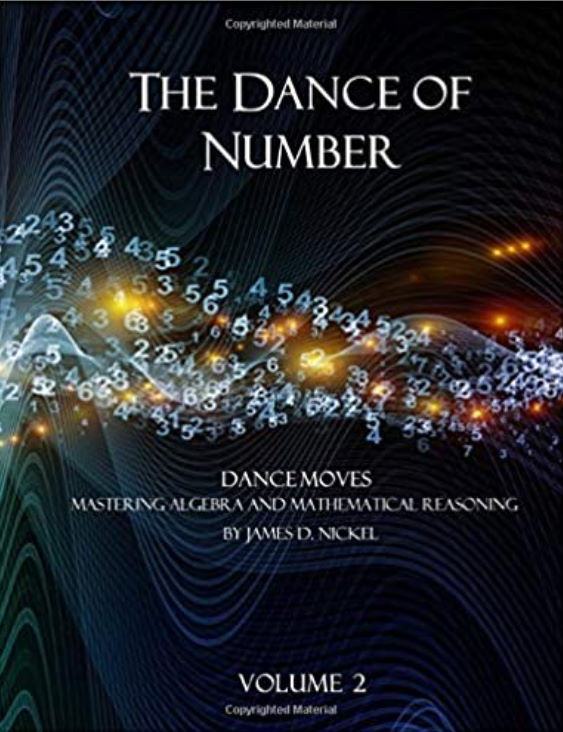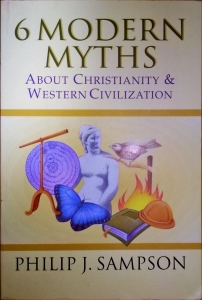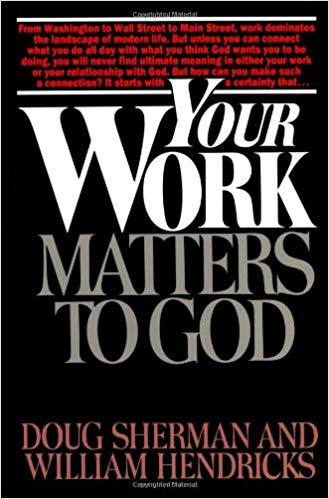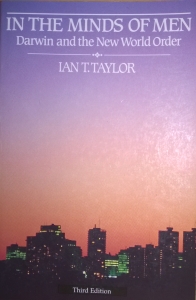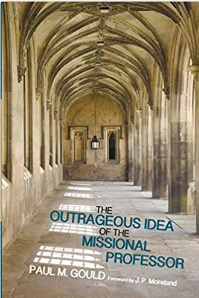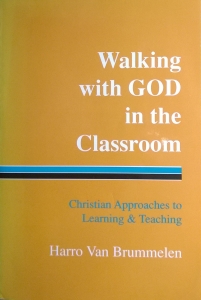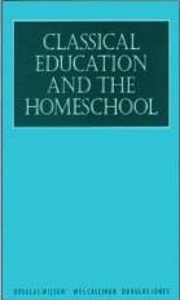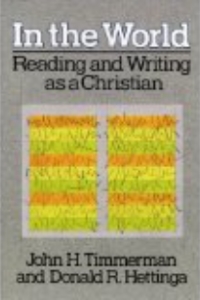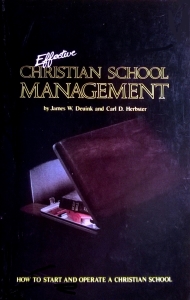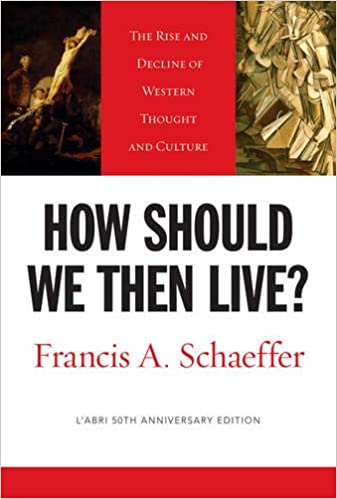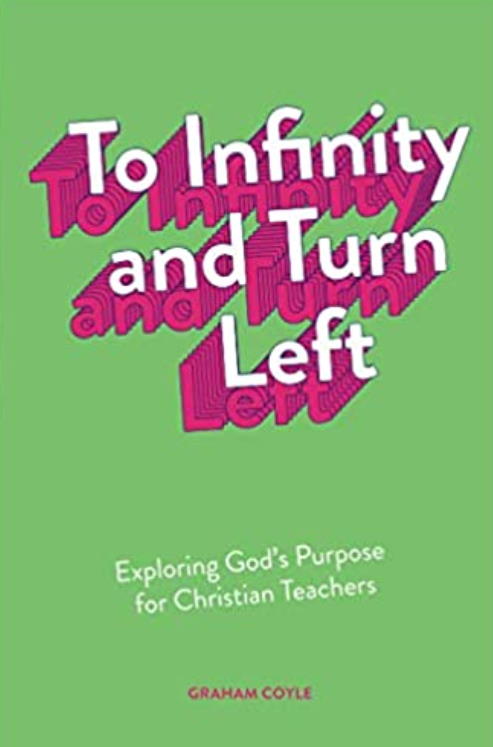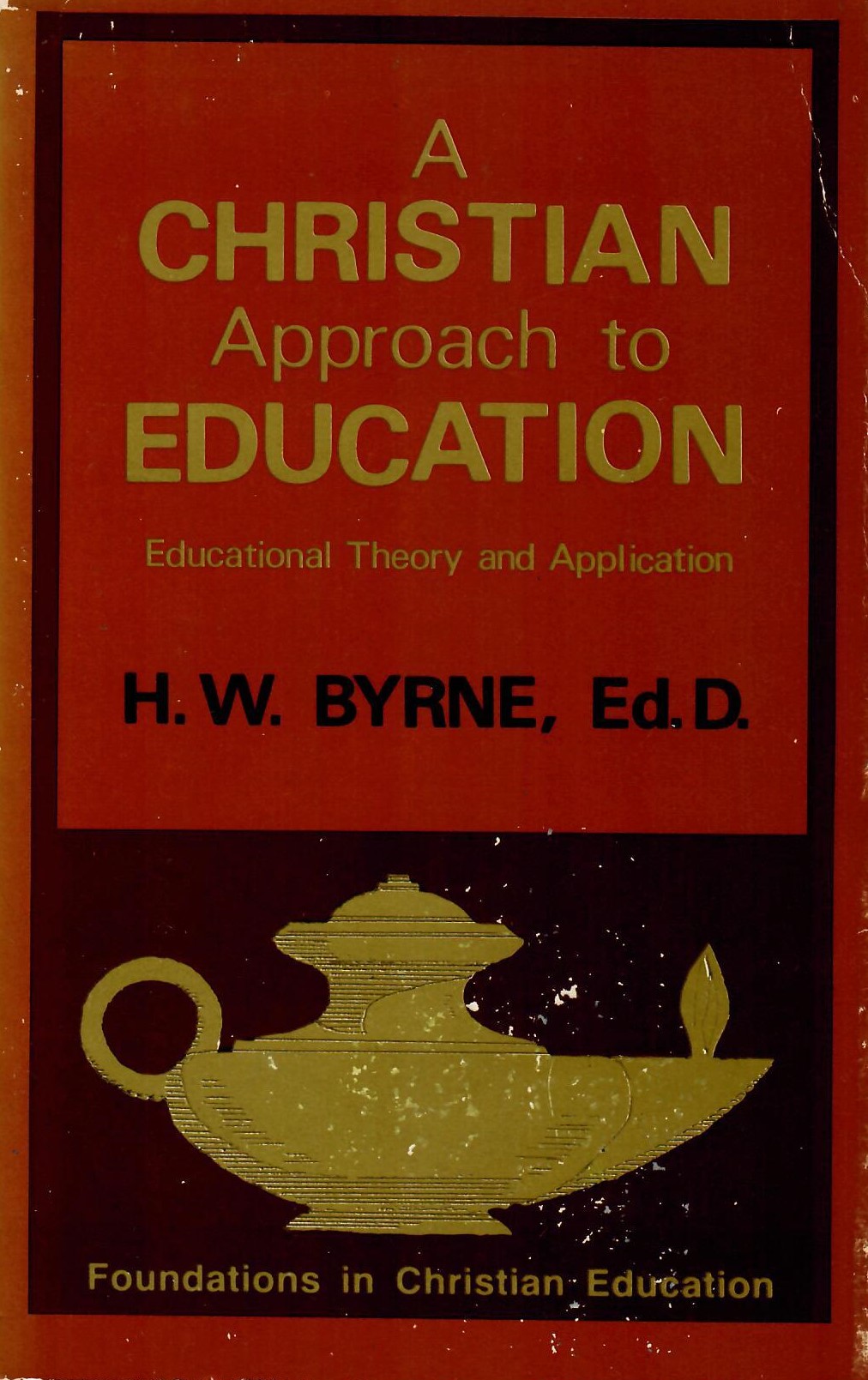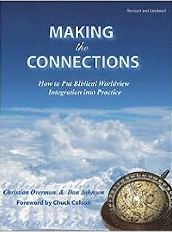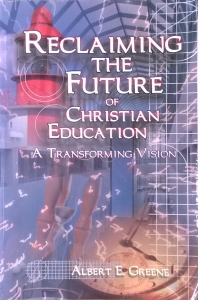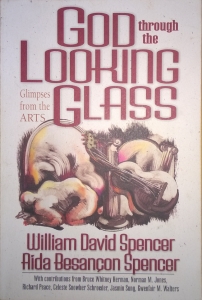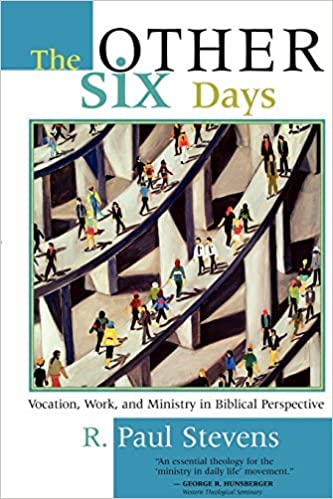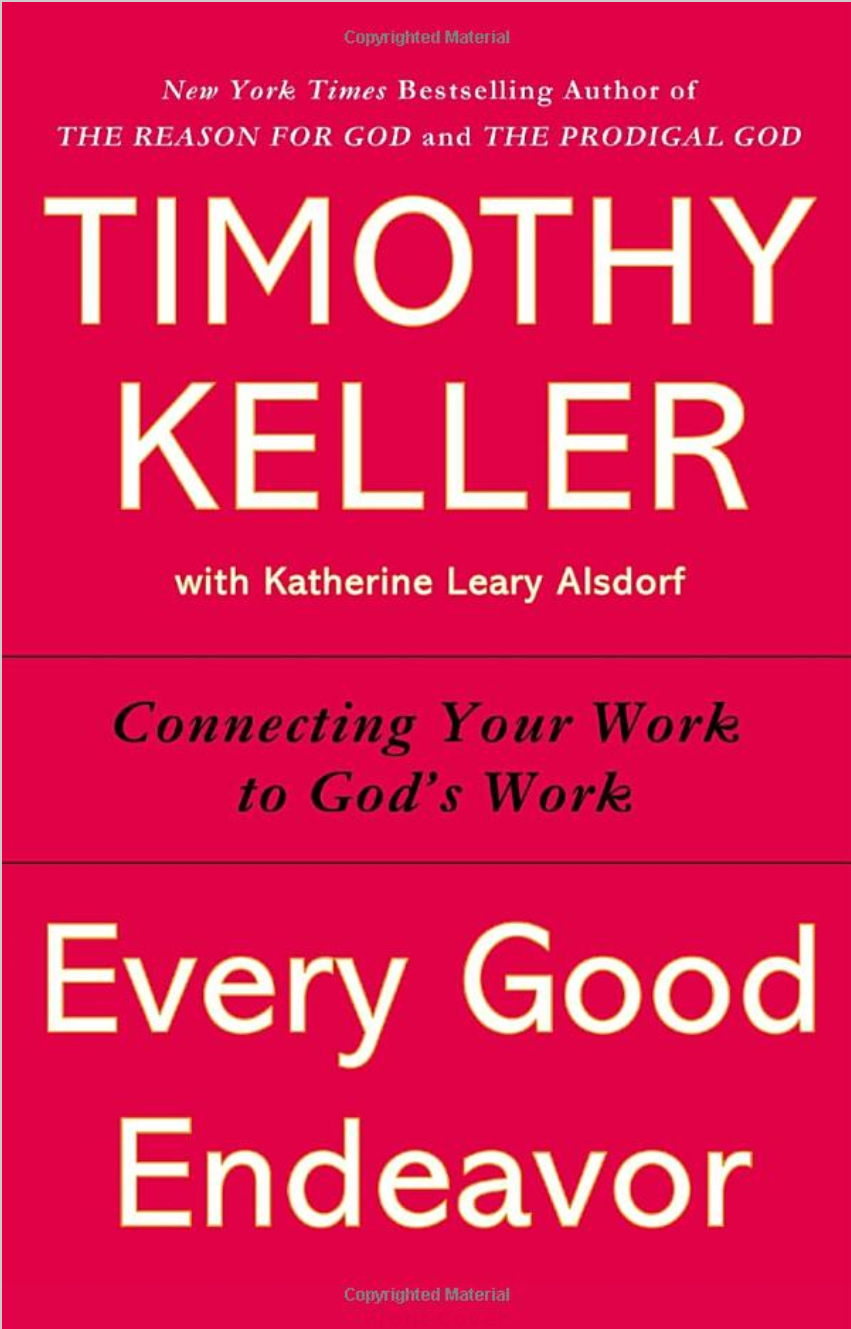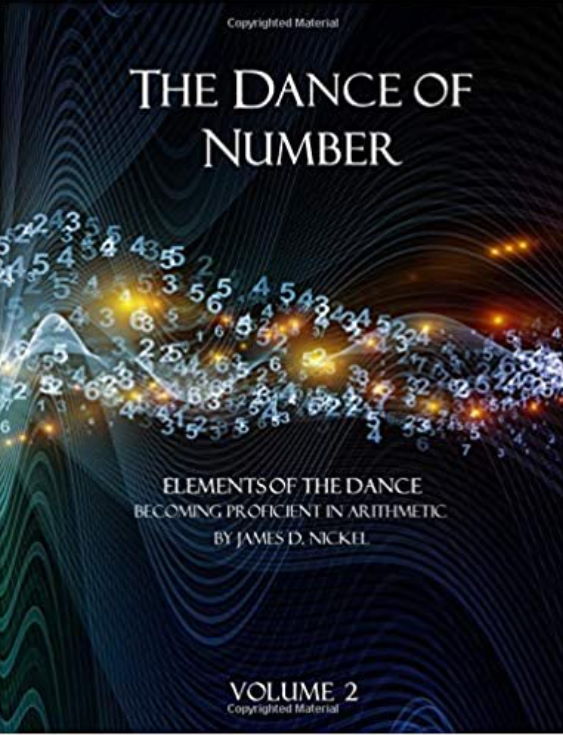Notes by John W. Ehrlich from Patrick Kavanaugh's in Spiritual Lives of the Great Composers
On April 8, 1741, Handel gave what he considered his farewell concert. Miserably discouraged, he felt forced to retire from public activities at the age of fifty-six. Then two unforeseen events converged to change his life. He received a commission from a Dublin charity to compose work for a benefit performance, and a friend, Charles Jensen, gave him a libretto based on the life of Christ, taken entirely from the Bible.
In an age when illiteracy was widespread and written copies of the Bible were expensive and rare, Handel became excited about Jensen's idea. Handel pioneered the “oratorio," a musical composition designed to teach the Scriptures by setting them to music.
Handel set to work composing on August 22 in his little house on Brook Street in London. He grew so absorbed in the work that he rarely left his room, hardly stopping to eat. Within six days' part one was complete. In nine days more, he had finished part two, and in another six, part three. The orchestration was completed in another two days. In all, 260 pages of the manuscript were filled in the remarkable short time of 24 days!
Handel never left his house for those three weeks. A friend who visited him as he composed, found him sobbing with intense emotions. “I did think I did see all Heaven before me and the great God Himself," as he finished writing what we now know as the Hallelujah Chorus. Later, as Handel groped for words to describe what he had experienced, he quoted St. Paul saying “Whether I was in the body or out of my body when I wrote it I know not."
Considering the immensity of the work and the short time involved, it will remain, perhaps forever, the greatest feat in the whole history of music composition. Handel's title for the commissioned work was simply Messiah.
Messiah premiered on April 13, 1742 as a charitable event, raising 400 pounds and freeing 142 men from debtor's prison. A year later, Handel staged it in London. Controversy emanating from the Church of England continued to plague Handel; yet the King of England attended the performance. At the first notes of the triumphant Halleluiah Chorus rang out, the king rose. Following the royal protocol the entire audience stood, too, initiating a tradition that has lasted more than two centuries.
That Messiah continues to have a profound impact on its listeners may be best explained by Handel himself. Following the first London performance of Messiah,Lord Kinnoul congratulated Handel on the excellent “entertainment.” Handel replied, "l should be sorry, my lord, if I have only succeeded in entertaining them. I wished to make them better."'
From the Sonbeam blog, 2008-12



